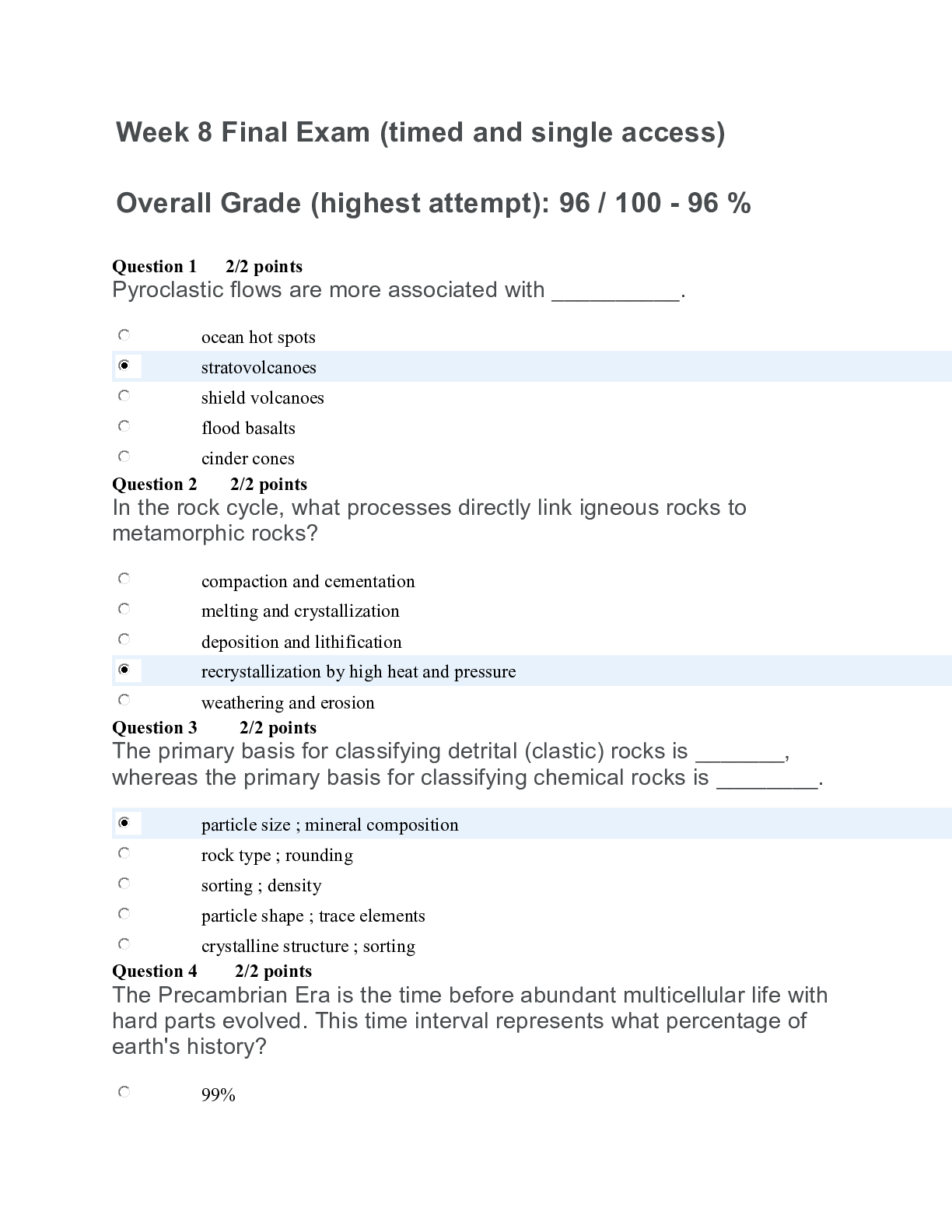Political Science > EXAM > POLI 330N Week 8 Final Exam (Version 2 - Essay & MCQs) | Download To score 100% (All)
POLI 330N Week 8 Final Exam (Version 2 - Essay & MCQs) | Download To score 100%
Document Content and Description Below
Week 8 : Final Exam Final Exam Page 1 1. (TCO 1) Historians and political scientists are different because historians and political scientists . Chapter 1, page 5 (Points : 2) are re... luctant to generalize; look for generalizations look for generalizations; are reluctant to generalize are more likely to look for comparisons; focus on differences tend to focus on naturebased explanations; focus on nurturebased explanations 2. (TCO 1) The notion that politicians think practically and political scientists think abstractly is indicative of which of the following? (Points : 2) Political scientists often train politicians. Politicians often train political scientists. Political scientists and politicians are different in that the former studies the latter. Political scientists and politicians are often indistinguishable. 3. (TCO 1) Voting for someone who is charismatic but whose policies might not benefit you would be considered behavior. (Points : 2) irrational rational legitimate selfish 4. (TCO 1) is the use of public office for private gain.(Points : 2) Sovereignty Corruption Authority Legitimacy 5. (TCO 1) The notion that we acknowledge the rightful roles of our leaders or our laws is known as . (Points : 2) sovereignty authority legitimacy monarchy 12/12/2016 Course Home 6. (TCO 1) Relating concepts in a way that connects them in an empirical manner is the basis of building (Point . 2) scholarship theory power culture 7. (TCO 1) The term for measuring with numbers is . (Points : 2) quantifying hypothesis qualifying empirical 8. (TCO 4) The English common law stressed the rights of free and equal men and was developed on the basis of precedent set by earlier judges, known today as . (Points : 2) judicial precedent example by trial court generated 9. (TCO 4) Which of the following issues is a civil concern? (Points : 2) Extortion Theft Divorce Trafficking 10. (TCO 4) The concept of judicial review falls under which article of the U.S. Constitution?(Points : 2) Article I: The Legislative Branch Article III: The Judicial Branch Article VI: Debts, Supremacy, Oaths Judicial review is not mentioned in the U.S. Constitution. 11. (TCO 4) Who nominates and approves federal judges in the U.S. court system? (Points : 2) The president and the Senate The Senate and the House The president and Speaker of the House The Senate and the Secretary of State 12. (TCO 4) Which of the following was an argument against granting the U.S. Supreme Court the power of judicial review? (Points : 2) Many feared that such a power would give the court a double check and compromise its neutrality. Some thought that such power would create untrustworthy judges. The founders argued that judicial review would lead to undue indictments by the court. Drafters of the Constitution feared that few laws would ever be set in stone. 12/12/2016 Course Home 13. (TCO 4) Examine the ideal role of American judges. (Points : 2) Judges should intervene frequently, interpreting the law according to their expertise and ensuring a fair trial. Judges should act as umpires, passively watching the legal drama and ruling only on disputed points of procedure. Judges should not intervene unless attorneys object, at which point they may either overrule or sustain the objection. Judges should take an active role, questioning witnesses, eliciting evidence, and commenting on procedure. 14. (TCO 4) In Lombard v. Louisiana (1963), the Warren Court supported , ruling that blacks who had refused to leave a segregated lunch counter could not be prosecuted. (Points : 2) boycotts sit- ins picket lines protests 15. (TCO 5) Why do the responsibilities of legislative and executive powers often overlap?(Points : 2) Separation of powers is rarely clearcut. Separation of powers is rare among industrialized nations. Separation of powers is absolute. Separation of powers grants obtuse levels of power to the executive branch. 16. (TCO 5) How often does the cabinet change in a parliamentary system? (Points : 2) Every 4 years Every 6 years Every 8 years When the cabinet is voted out or resigns 17. (TCO 5) Because of the separation of powers inherent in a presidential system, some scholars think that executivelegislative is common in systems like that used in the United States. (Points : 2) cooperation stagnation deadlock 18. (TCO 5) Who directly calls forth the leader of the largest party to take office with a cabinet and become the prime minister? (Points : 2) The voters Parliament The monarch The House of Commons 12/12/2016 Course Home Week 8 : Final Exam Final Exam Time Remaining: Page:123 Page 2 1. (TCO 5) When it comes to electing officials, which factor matters the most to voters in both presidential and parliamentary elections? (Points : 2) Party affiliation Political ideologies Money invested in campaign Personality 2. (TCO 5) Who receives the most attention in both parliamentary and presidential systems? (Points : 2) Head of state Chief executive The legislature Voting citizens 3. (TCO 5) Describe how the United States expands its cabinet. (Points : 2) The president can create a new department at his or her will. Congress must agree on the new department and provisions for its funds must be made. In order for a new department to be developed, a former one must be deleted. New departments are no longer developed. 4. (TCO 7) Radicals use the term political economy instead of to describe their critique of capitalism and the inequitable distribution of wealth among nations. (Points : 2) Marxism laissezfaire public choice Keynesian 5. (TCO 7) How do Keynesian economic policies differ from the traditional laissezfaire policies developed by Adam Smith? (Points : 2) 12/12/2016 Course Home Laissezfaire advocates for “cutthroat” capitalism, and Keynesian policies seek to spread wealth equally among a nation’s citizens. Keynesian economics advocate for increased government control of economics, and traditional laissezfaire argues for a handsfree approach. Smithian policies advocate for increased spending and stimuli for governmentrun businesses, and Keynesian economics argues for a handsfree approach. The more liberal Smithian economies distribute wealth more evenly among society, and Keynesian economics tends to distribute wealth among the top 1%. 6. (TCO 7) What event is largely considered responsible for deterring Johnson’s War on Poverty? (Points : 2) Great Society Vietnam War Middleclass entitlements Tax expenditures 7. (TCO 7) Which of the following is an increasing financial concern of the Medicare program? (Points : 2) The proportion of older people in American society is increasing steadily. Every American citizen on reaching 65 obtains Medicare, regardless of class. Economic inequality renders Medicare more necessary for some than for others. Wealthy Americans are taking advantage of the Medicare system. 8. (TCO 7) Why are many politicians wary about limiting Social Security and Medicare expenses? (Points : 2) Many would be left without enough to support them. Caps to these programs would undermine the welfare state. It can cost them votes. Both are primary social safety nets. 9. (TCO 7) How does the American welfare state compare to those of other industrialized nations? (Points : 2) Much less is allocated to welfare in the United States. Other nations allocate less to welfare than the United States. The United States allocates about the same to welfare. Few nations besides the United States maintain funds for welfare. 10. (TCO 7) Theoretically, what are the consequences if the government assumes the burden of bad loans? (Points : 2) Citizens will default on their mortgages. Banks will learn from their mistakes and pay back the burden with interest. Ultimately, the government will profit. Firms will be encouraged to continue their risky behavior. 11. (TCO 9) What is the most common response to serious domestic unrest? (Points : 2) Revolution Coup d’état Military takeover UN diplomatic action 12. (TCO 9) Riots triggered by police beating youths, protests against globalization, and labor strikes against austerity are all examples of . (Points : 2) purely traditional violence oriented violence violence carried out by civilian institutions of government coups 13. (TCO 9) What is likely to happen if the people are unhappy and there is no organization to focus their discontent? (Points : 2) They will almost surely turn to violence. Not much will happen. The people will organize themselves, regardless. They will eventually find other means of achieving contentedness. 14. (TCO 9) What about U.S. agencies such as the Department of Homeland Security, the FBI, and the CIA make them so ill prepared to fight terrorism? (Points : 2) They have extremely different missions when it comes to terrorism. They are poorly funded. They have a great deal of red tape to get through in order to be able to communicate. They are often unwilling to communicate with each other. 15. (TCO 9) According to Hannah Arendt, the American struggle was indeed a revolution, perhaps history’s only complete revolution, .(Points : 2) because it alone ended with democratic institutions. because it became an example for other nations. because it managed to route what was then the great world power. because it alone ended with a new foundation of liberty instead of the tyranny that came after other revolutions. 16. (TCO 9) Does terrorism work? (Points : 2) Rarely, and seldom without political and/or economic pressure Rarely, but primarily when brought against democratic nations Often, and without much need for political pressure to aid it Often, but only with the assistance of economic and/or political pressure 17. (TCO 9) Hannah Arendt pointed out that rage is the fuel of revolution, but what is now the greatest cause of rage?(Points : 2) The low level of education in developing nations The enormous economic mismanagement in industrialized nations The extreme violence utilized by industrialized nations against developing nations The massive corruption now found in developing lands 1. (TCO 2) What types of states are most likely to become authoritarian? Why? Along the same lines, what authoritarian states have been most likely to democratize? Under what circumstances does this democratization occur and why? Based on previous findings, describe one country you think is likely to democratize in the near future. (Points : 40) States that suffers from frequent wars and political pressure is most likely to have an authoritarian government. A good example in current times is the case of Burundi and Syria. The most likely governance to calm down the situation involves authoritarianism. Besides that, states that suffer from economic turmoil also have a higher likely chance of suffering from authoritarianism. A good example of authoritarianism resulting from economic pressure occurred in Germany in 1919. In this case, allies of Germany respond to the situation by preventing the nation from recovering. This led to Germany being an authoritarian state. A nation with strong nationalism ideology also has a higher chance of turning out to be an authoritarian state. During the reign of Hitler, the core concept was a nationalism that made Germany community feels they are superior to other nation, particularly Jewish community. Egypt and Libya are a most recent nation that considered democratizing. The possible reason for such move is to fight for equity, improve governance and enjoy political freedom. Uganda is a nation located in East Africa, and President Yoweri Museveni rules it. Museveni uses the authoritarian concept to rule which is subjected to frequent threats and mistreatment of opposition. However, the citizen is pressuring for the need for freedom and democracy in that state for equity and betterment of services. Besides that, in February 2016 there will be an election and change might occur since different organization and group are encouraging the people to exercise their right that for a long time have been violated. 2. (TCO 3) Compare and contrast interest groups and political parties. In your response, be sure to provide examples their similarities and differences. In addition, please assess what advantages interest groups offer that political parties don’t and then what advantages d political parties offer that interest groups don’t. (Points : 40) The way of association of vested parties varies from that of political gatherings. As it were, the association of vested parties is to some degree free. They are a gathering of individuals working for a shared objective. That does not as a matter of course imply that they ought to have a constitution thus on for their work. The contrast between political gatherings and vested parties comes from the reasons for each. Political gatherings stand in the races and attempt to win the votes cast by the general population and speak to them in the chambers, parliament, or some other representing body of the state or nation. Then again, intrigue bunches don't remain in the races. They don't try for the votes from the general population as well. This is the primary distinction between political gatherings and vested parties. There are some other fascinating actualities additionally about each of these gatherings that we will examine in this article before we go to the contrasts between political gatherings and vested parties. A political gathering more often than not has an appropriate constitution that clarifies why they have met up, the elements of their gathering, parts of the individuals, and so forth. They are extremely composed. With regards to regular great, political gatherings tend to work a great deal more as one than the vested parties who appear to work for particular interests as their name recommends. 3. (TCO 6) Since the end of WWII, international relations have been framed by the conflict between liberal governments and communist ideals. Compare and contrast the features of these systems and assess their continued impact on the global community. Please be certain to explain classical and modern liberalism, socialism, and communism within your responses and provide examples to support your points. (Points : 40) Communism in about the majority of its notable and current signs has conveyed what needs be as solid, incorporated dictator control of the economy, business, managing an account, the political framework, allotment of assets, and the engaging of the common laborers with the point of a "raunchy" society. Further, property of assorted types is held in like manner (by means of the state), as opposed to separated as private and open property. Marx had a substantially more vote based perspective of how such a general public would work and advance after some time (see his dialog of the Paris Commune, for instance), however Stalin, Mao and others utilized socialist standards as a revitalizing cry to take single gathering control of government (and whatever is left of society), wrestling it from the decision first class (and laborers committees and assemblages) in unfathomably fierce ways. I'm sure Marx and Engels would have been frightened by what these "progressives" did, yet there you have it. Regardless, what separates socialism by and by from different types of communism are these components of tyrannical ideological unbending nature, compelling nonappearance of vote based system, and state responsibility for about everything. Obviously, on the grounds that comrade states needed to exist inside globalized private enterprise, they basically have worked by means of an especially vindictive type of state free enterprise, and never achieved the "destitute" social orders at first imagined. Modern non-comrade types of communism are distinctive in that they look to architect square with access to circumstances and assets for all nationals, as gave by unified and/or appropriated equitable components for overseeing creation, as opposed to tyrant state control and foundations. In like manner, there is about dependably procurement made for both private and open property, and albeit a few commercial ventures might be "associated" to convey square with baselines of fundamental staples and administrations to everybody in that society, the impulse to control all undertaking through the state is truant. In spite of the fact that there have been numerous types of communism proposed, the most widely recognized by and by is some type of law based communism, where other political and financial philosophies exist together with communist ones. Truly, communism flourishes in pretty much every present day society, including the U.S., where the military, the postal administration, national parks, interstate expressways, medicare and a large group of different establishments speak to an "associated" model for aggregate advantage. In this sense, it is somewhat funny that a few Americans rail against "those communist elitists" in Europe, and so on., since Europe and the U.S. simply actualize communism to somewhat changing degrees. Likewise with socialism, be that as it may, almost all communism on the planet works inside the system of true state private enterprise. Despite befuddling talk from the right-wingers, progressiveness has no immediate connections with communism, socialism or radicalism. Rather, progressives are worried with propelling society for the advantage of everybody in the most even minded and inventive ways that could be available. This implies a dynamic supporters progresses in everything: innovation, well-being and prosperity, more impartial laws and social liberties, a more extensive use of science in cutting edge basic leadership in all levels of society, and frequently more libertarian access to assets and opportunity (i.e. social, political and financial force). It's this last thing - populist access - that gets them in a bad position with "hostile to communists," since communism has demonstrated itself an exceptionally successful method for accomplishing that end for specific things. In any case, a dedicated dynamic would not waver to drop communism like a hot potato if something better - that is, something all the more logically compelling in raising the personal satisfaction, social standing and open door for everybody - tagged along. What's more, since private enterprise, when unregulated, has had a tendency to make more disparity and classicism in the public eye, and has likewise tended to endeavor individuals and regular assets instead of shield these from misuse, progressives are for the most part very wary of traditionalist cases with respect to automatic free undertaking and stream down advantages for poor people. Liberalism presents us with some extremely cloudy and evolving waters, and most likely merits significantly more exchange than a minor section here. Since radicalism champions the standards of freedom and fairness, it conveys what needs be in various courses relying upon how somebody trusts freedom and equity can be accomplished. So while the neoliberal supporters liberated free endeavor and exchange, and a seriously decreased part and power in focal government, a "social liberal" may trust government is fundamental to upholding individual and aggregate flexibility (social liberties), and that social equity (as upheld by the standard of law) is basic to keeping up individual freedoms. Social liberals additionally have a tendency to trust that entrepreneur endeavor and markets oblige control to secure laborers and customers. Libertarianism, is doubtful that the State plays something besides a severe part with respect to freedom. As anybody watching American governmental issues in the course of recent decades can confirm, these different types of progressiveness can be at incredible chances with each other. At the end of the day, however, both closures of the radicalism range work inside the structure of true state free enterprise. 4. (TCO 8) Today’s world seems to be moving beyond sovereignty and toward supranational leadership to cooperate on issues of global importance. What are some of these issues? How might they be solved through supranational cooperation? Does such cooperation impede the sovereignty of independent nations? Please sure to include specific examples in supporting your points. (Points : 40) The sovereign obligation emergency and the euro emergency have incited heads of state and government in Europe to heighten supranational collaboration. Be that as it may, some political pioneers and arrangement producers go for additional. They propose the presentation of a typical European monetary government that would keep Europe from encountering further financial dangers and settle national spending plans and financial markets, and the euro. The consequences of a review among well informed individuals infer a fairly undecided state of mind towards this endeavor. While a thin dominant part supports the general thought of incorporated monetary administration in Europe, or in the Euro zone, the solid thoughts for the configuration of such a legislature are not famous among the respondents. A unified macroeconomic approach, a typical spending plan that is set midway and utilizing Euro-bonds as a typical method for obligation financing in the Euro zone all get restricted endorsement. In this way, on the off chance that they are going for more supranational collaboration, open and corporate approach producers need to make obvious strides that offer substantial benefits that influence general feelings favorably. [Show More]
Last updated: 1 year ago
Preview 1 out of 11 pages

Reviews( 0 )
Document information
Connected school, study & course
About the document
Uploaded On
Jan 12, 2022
Number of pages
11
Written in
Additional information
This document has been written for:
Uploaded
Jan 12, 2022
Downloads
0
Views
22



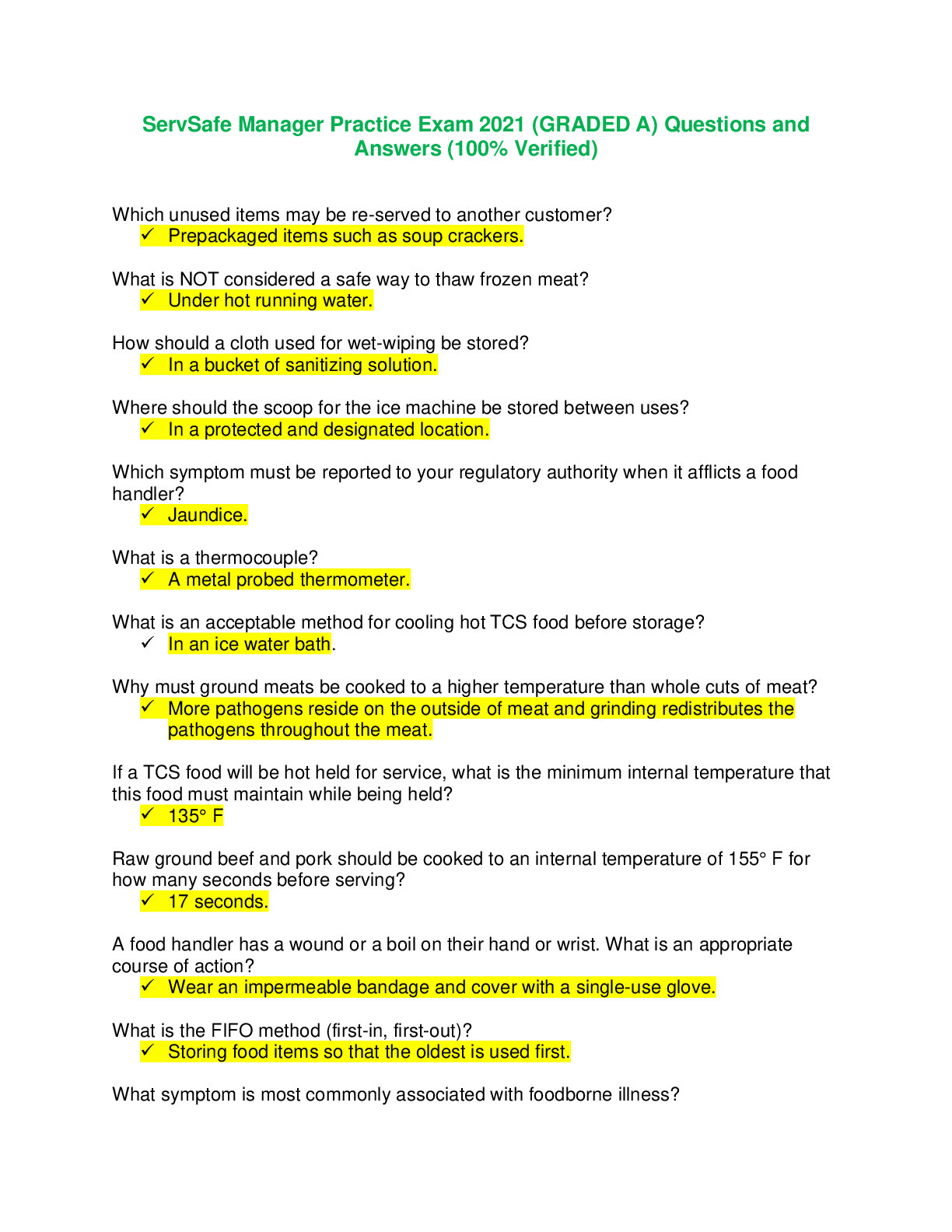

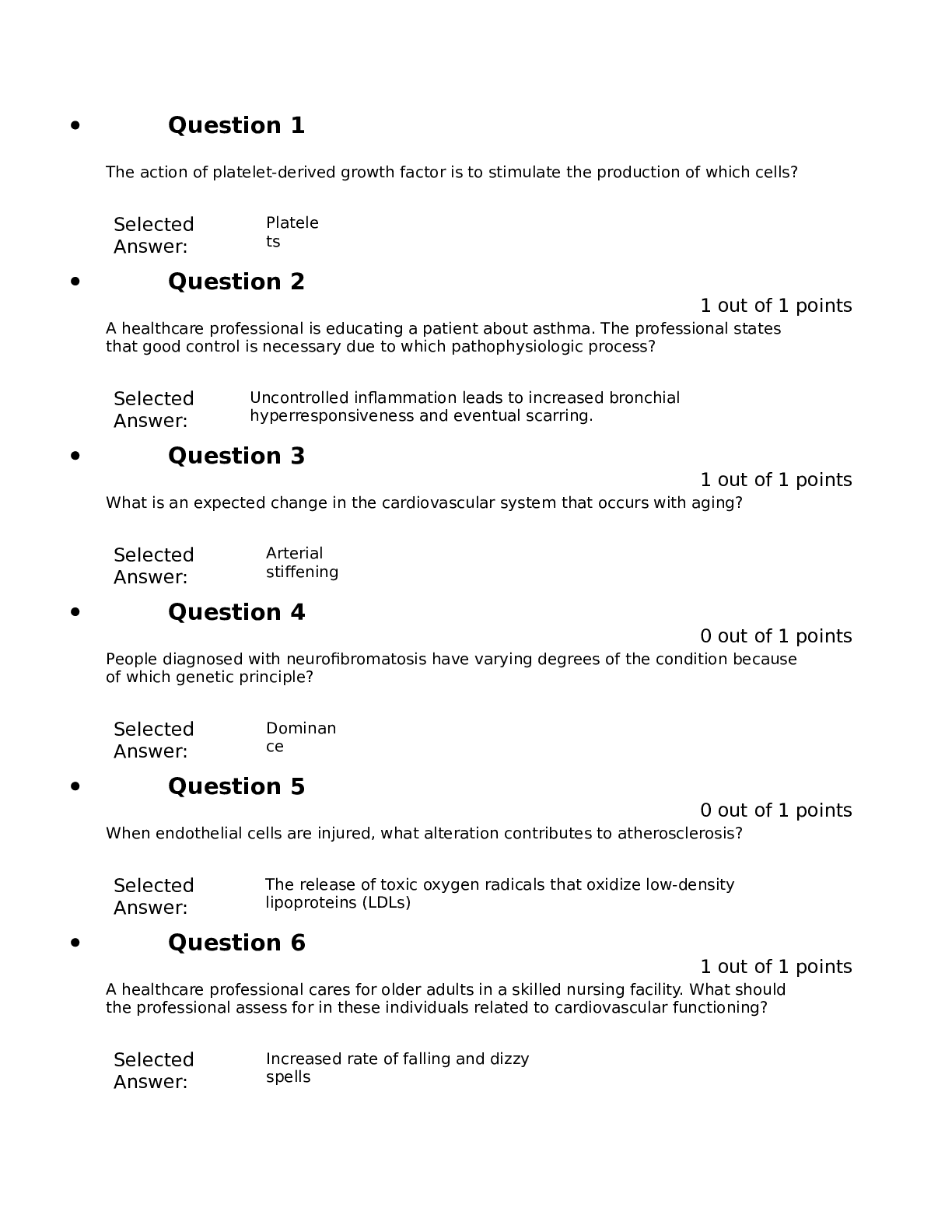
.png)
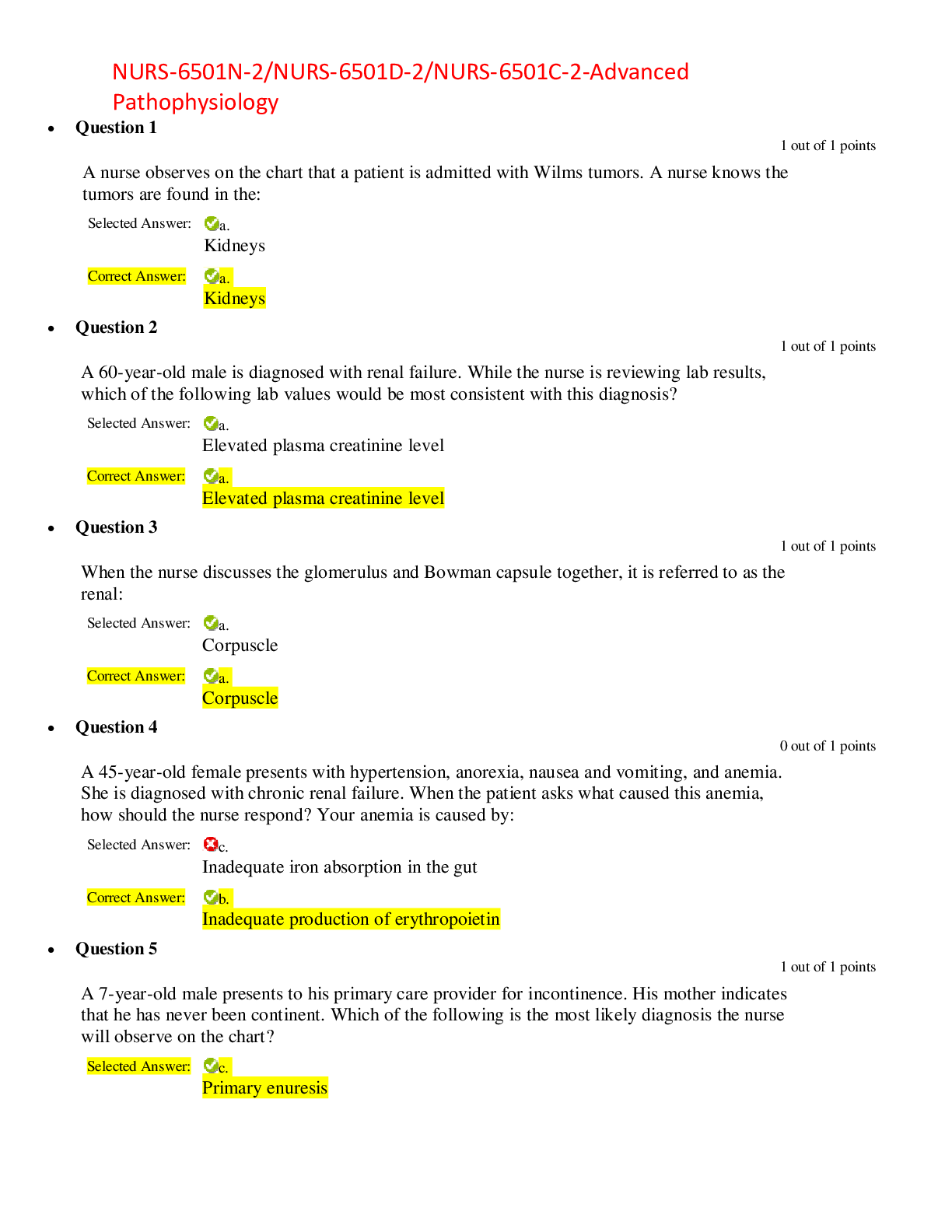
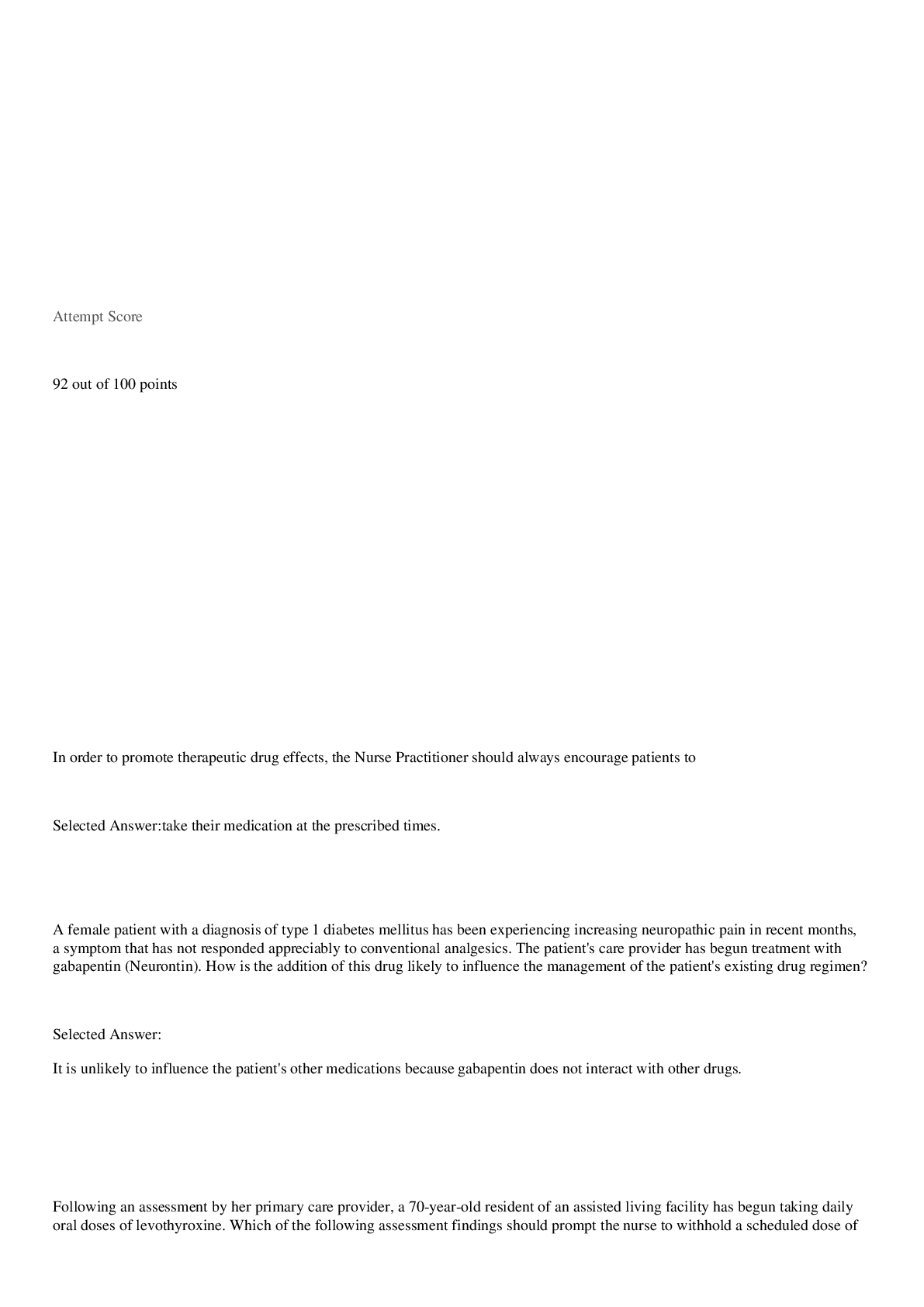
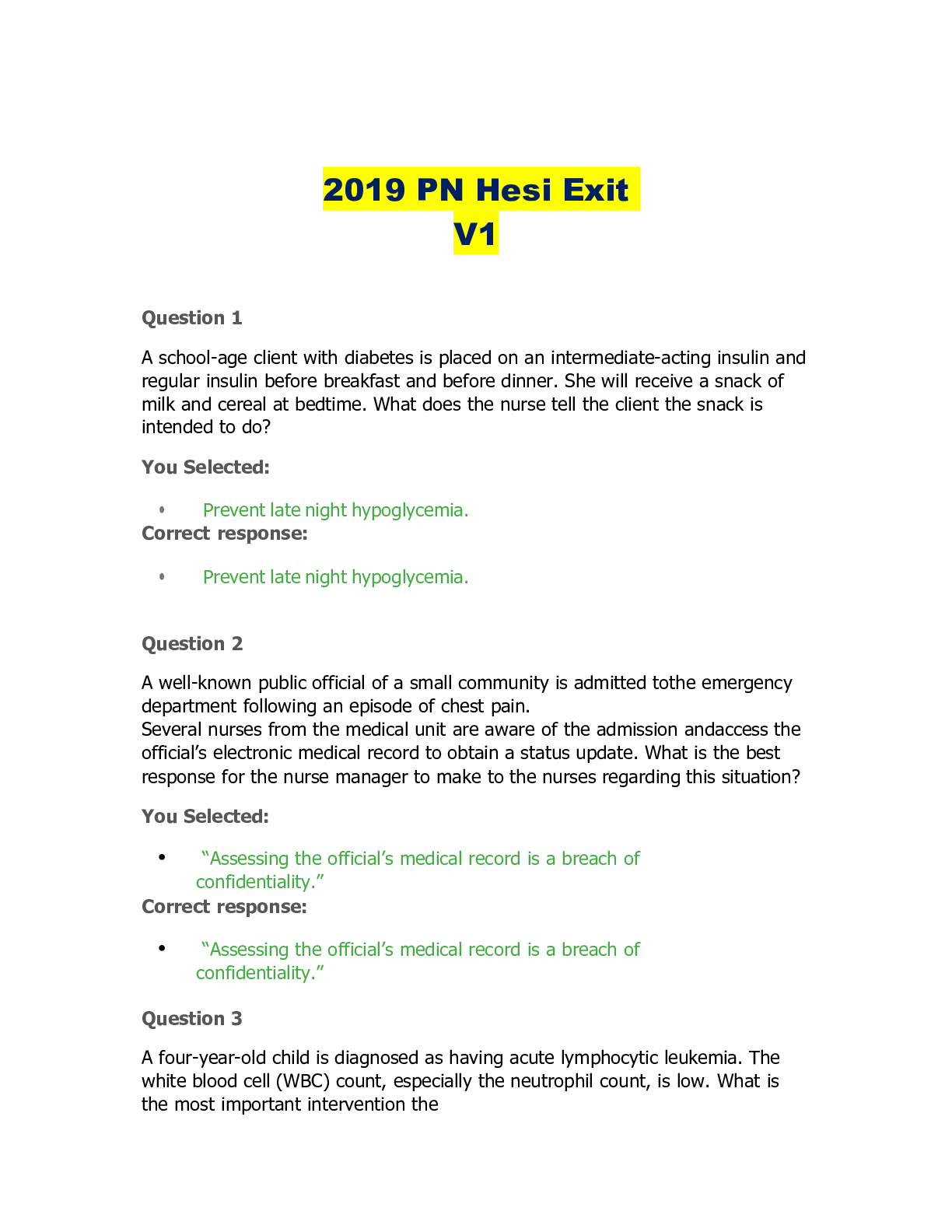
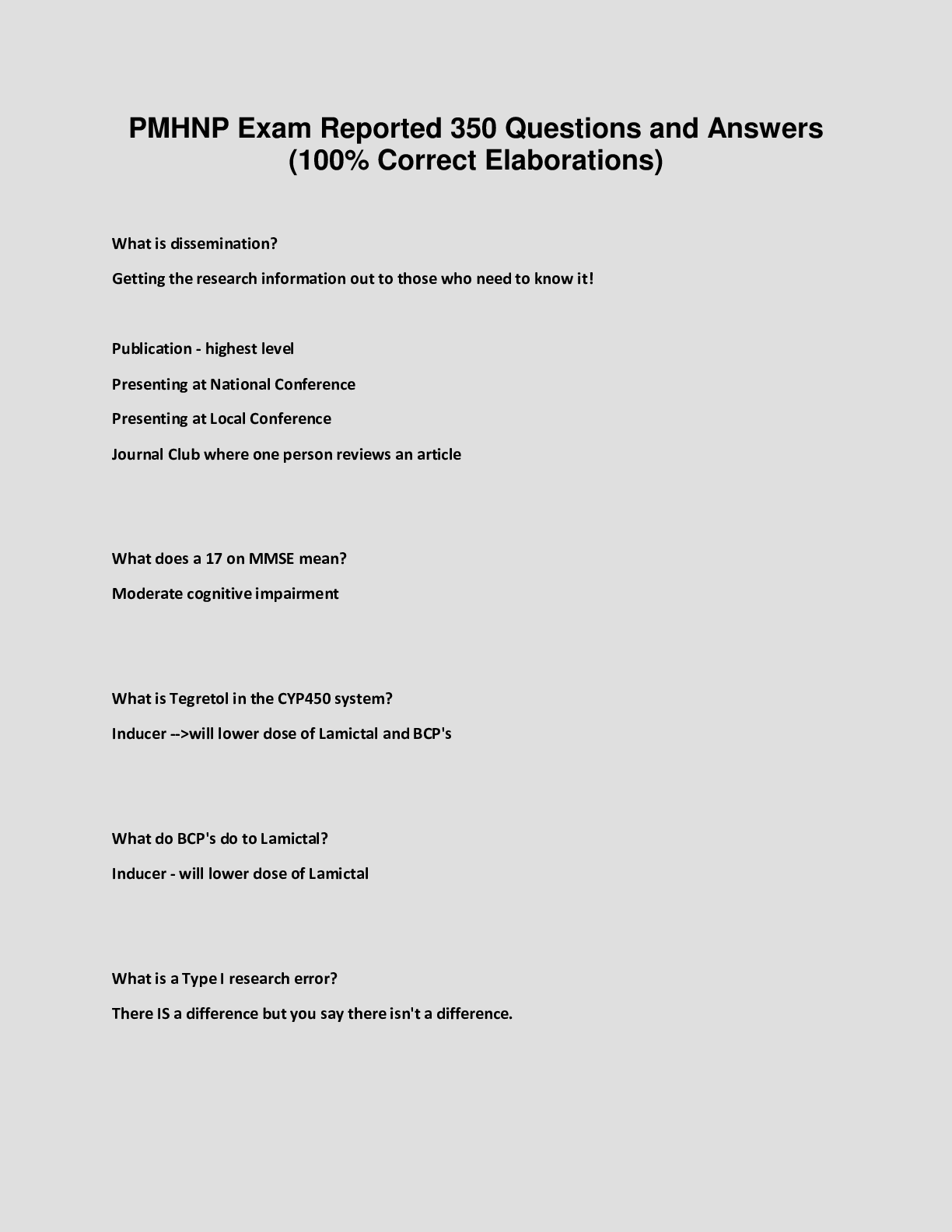

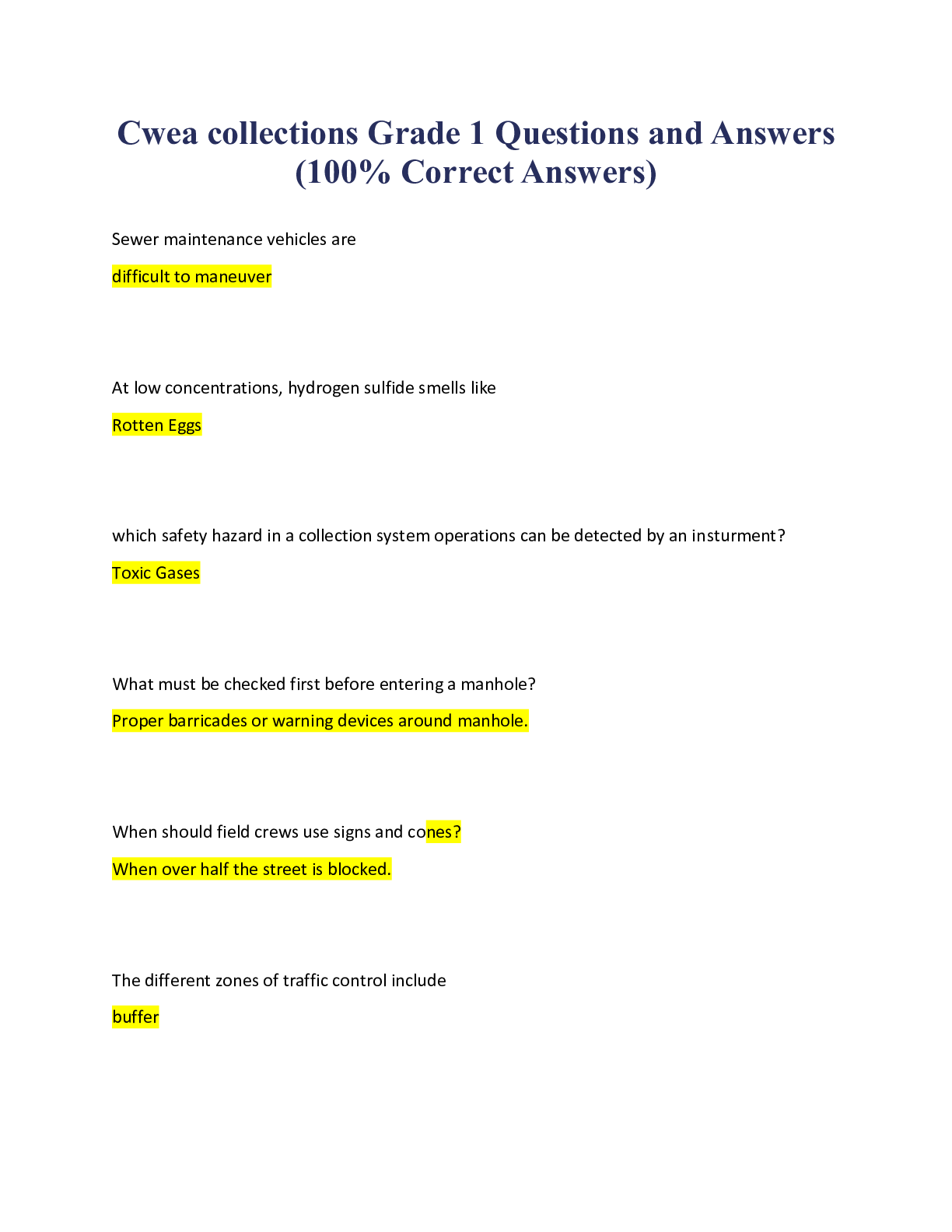
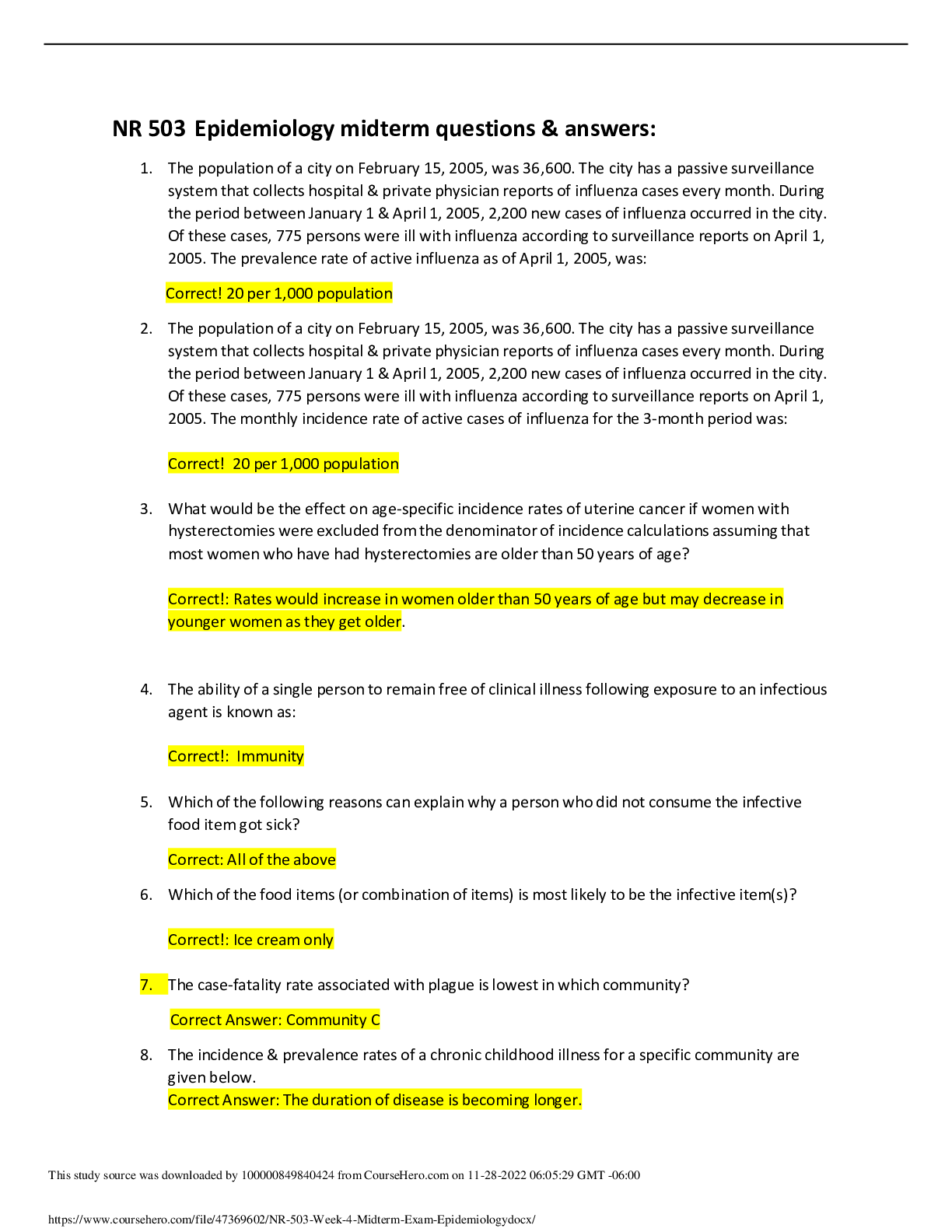

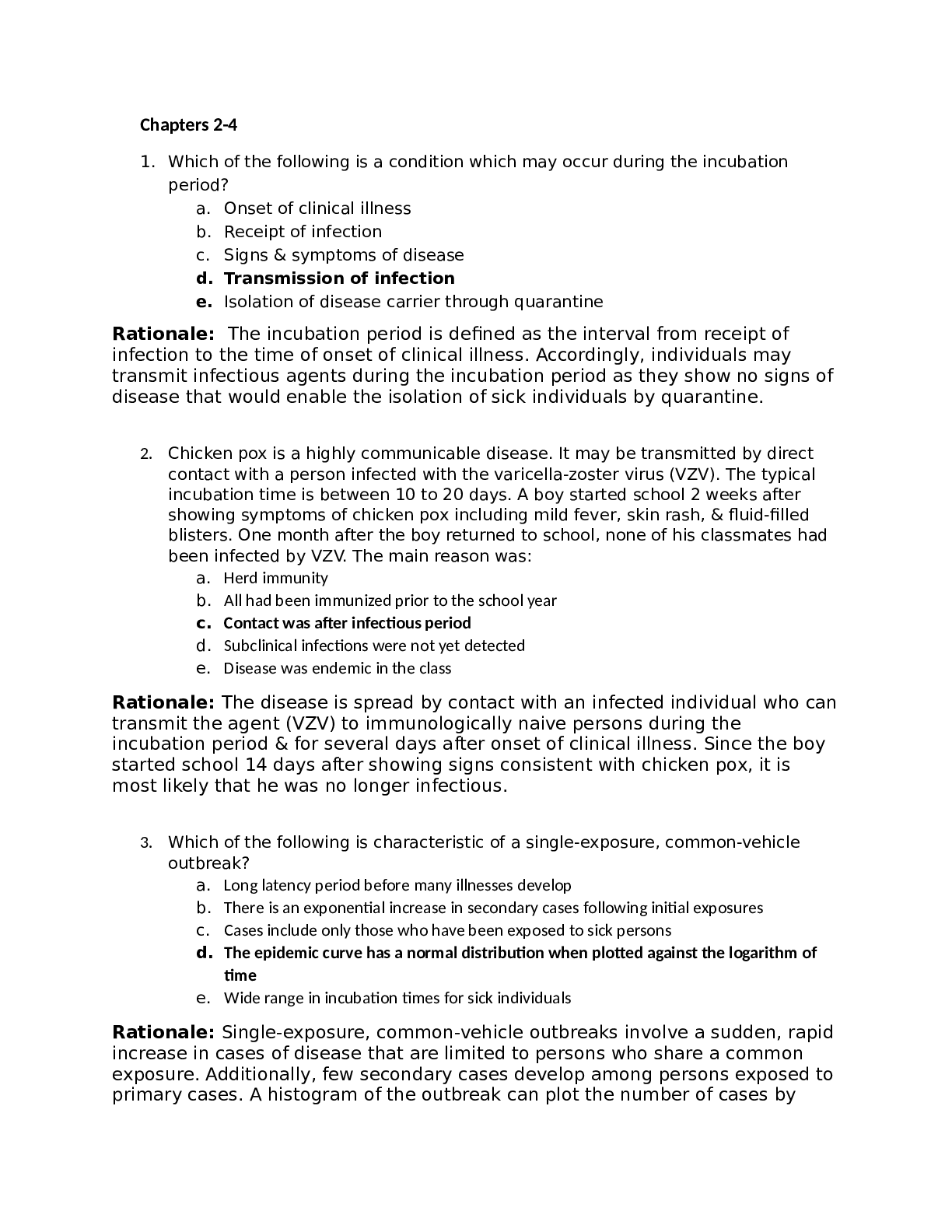
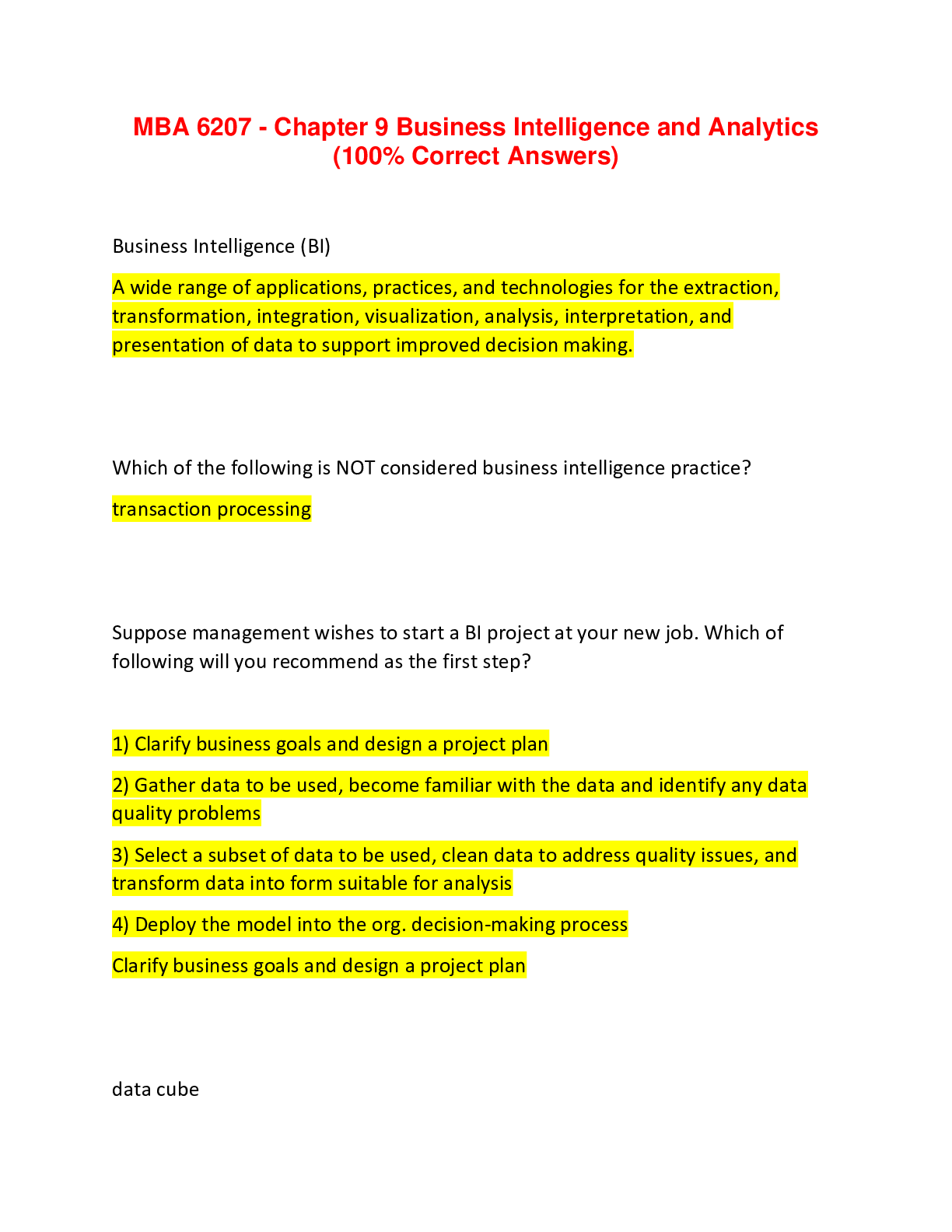
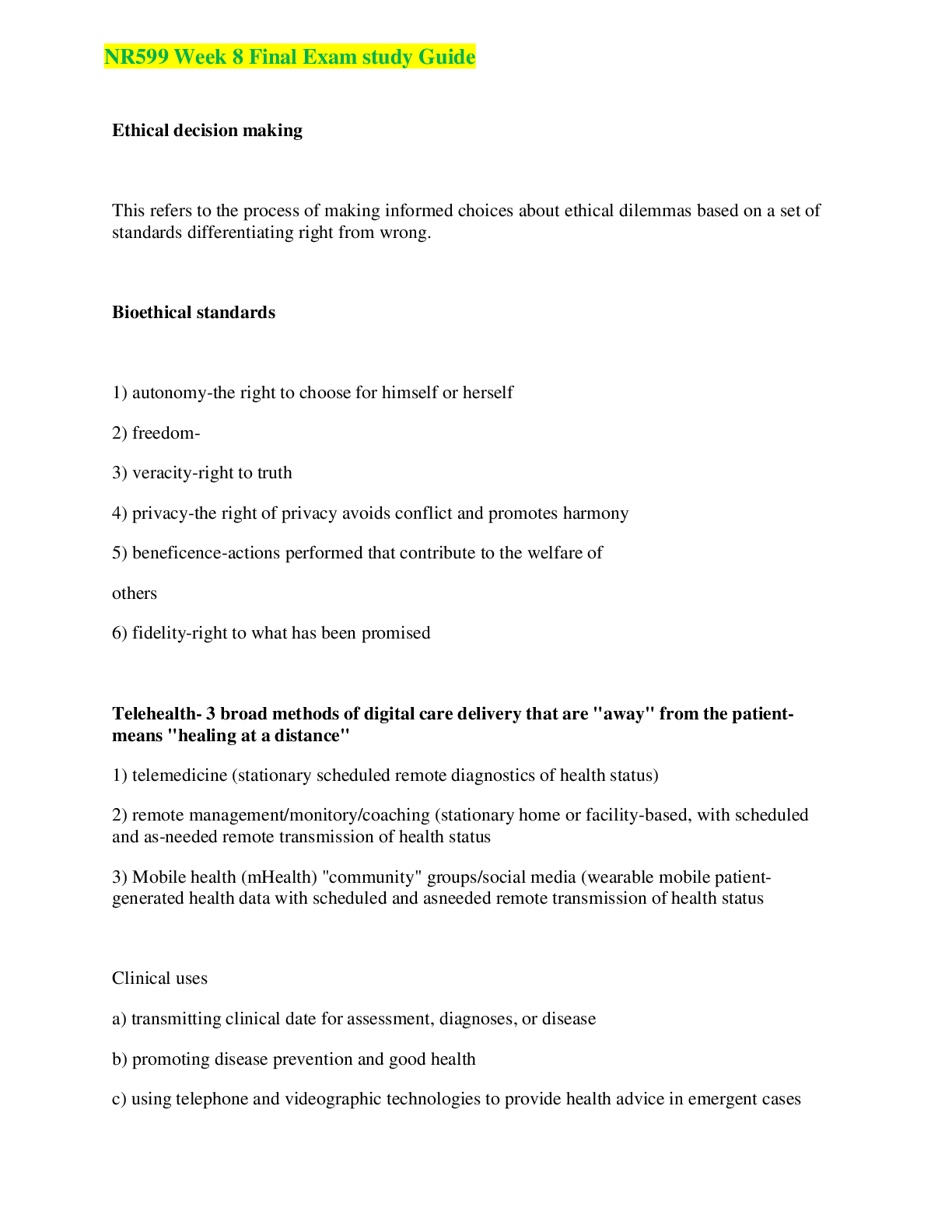
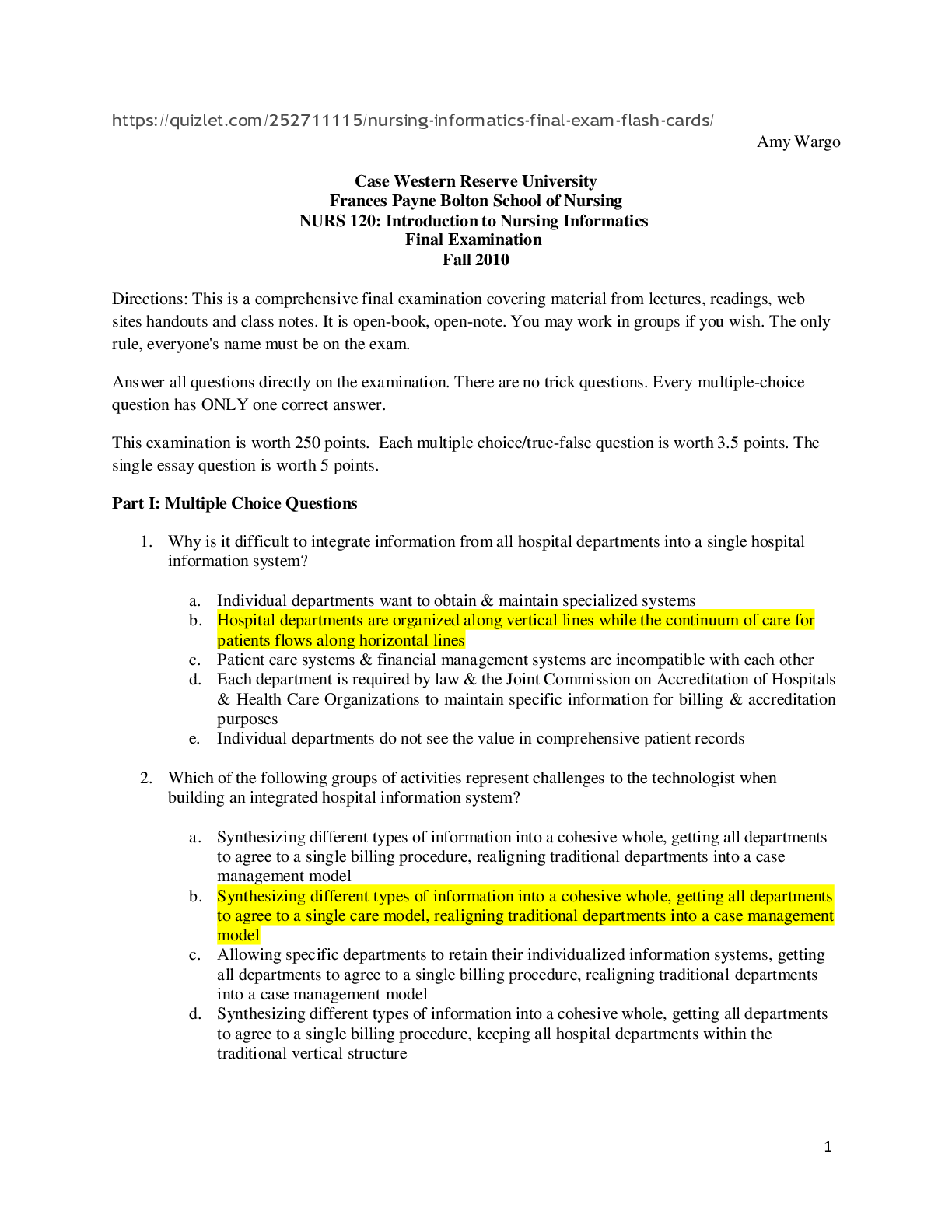

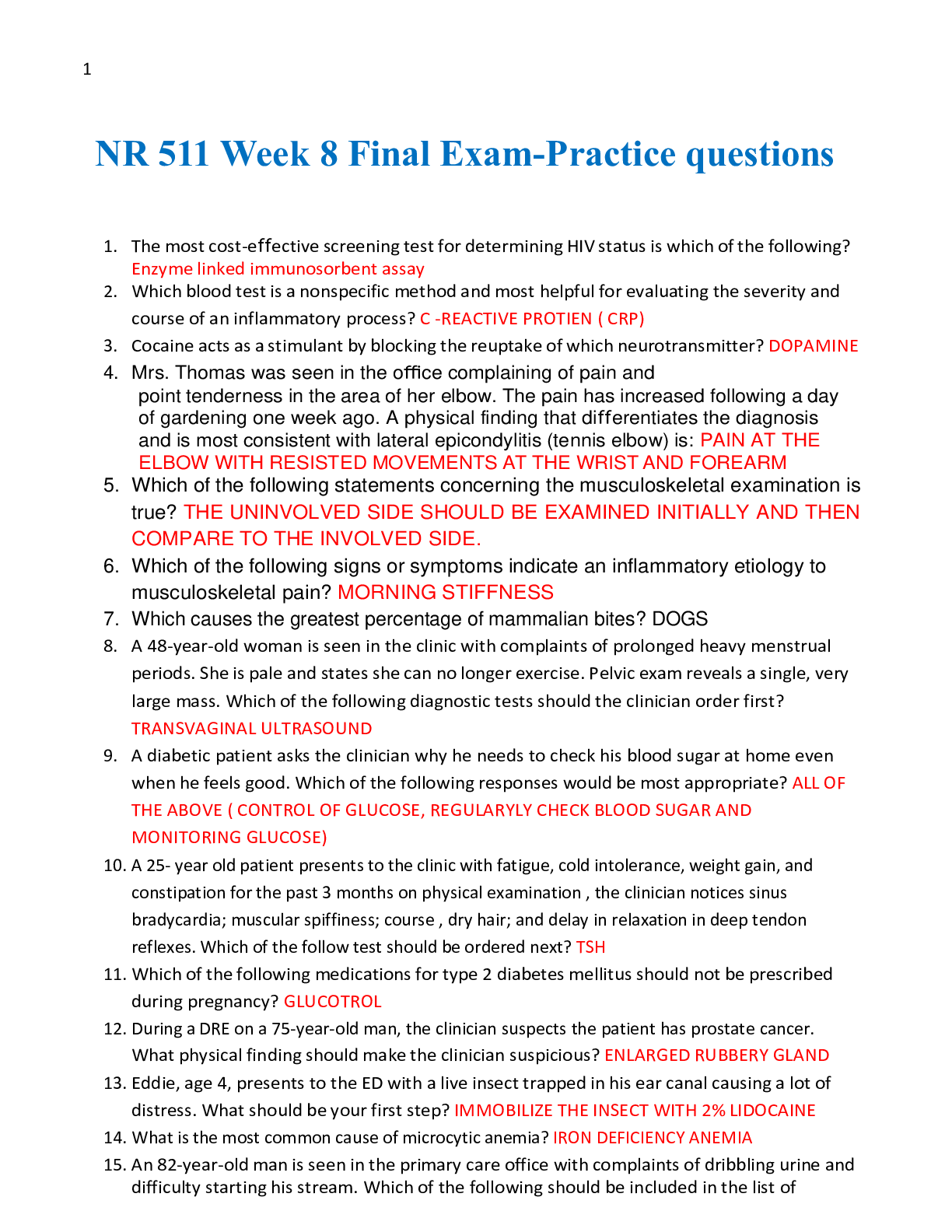
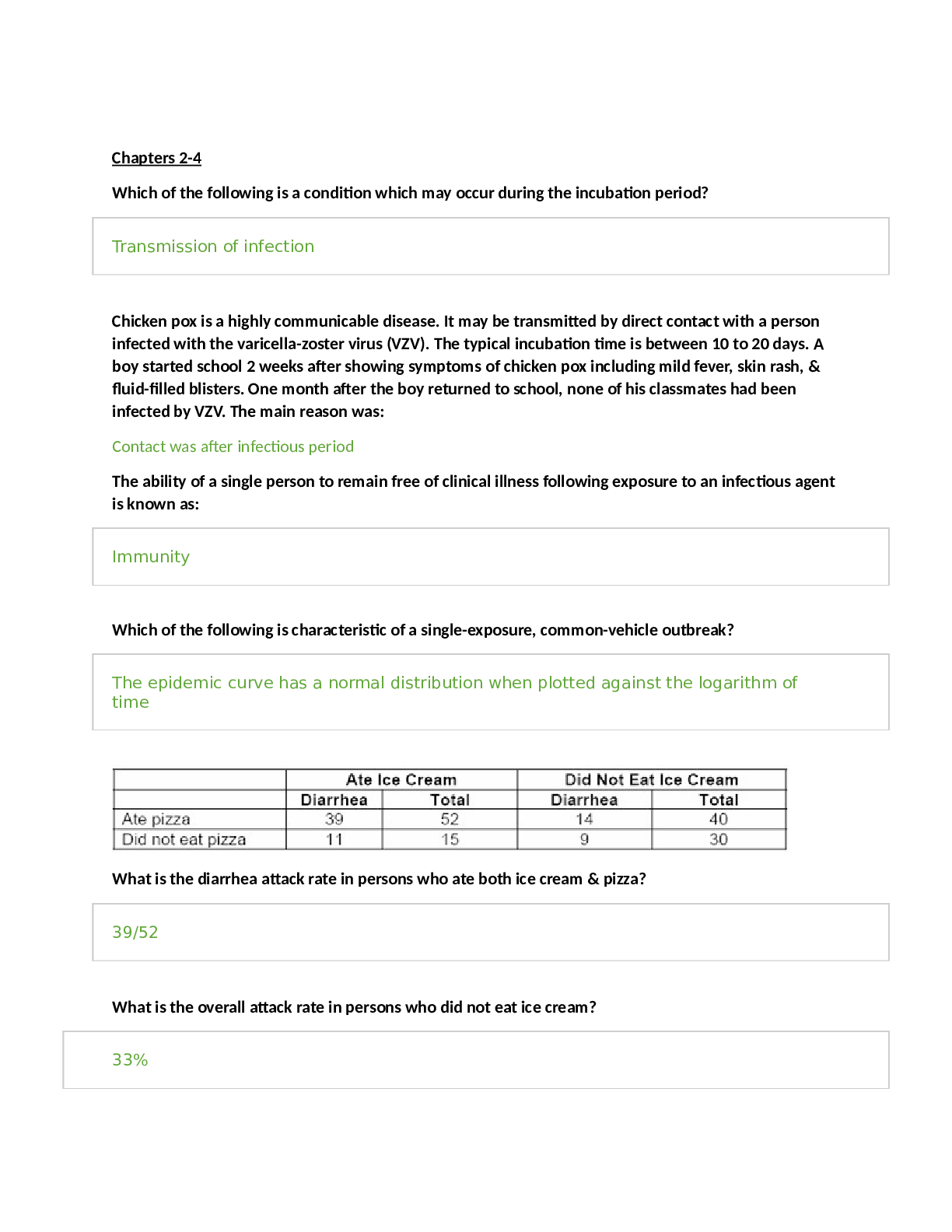



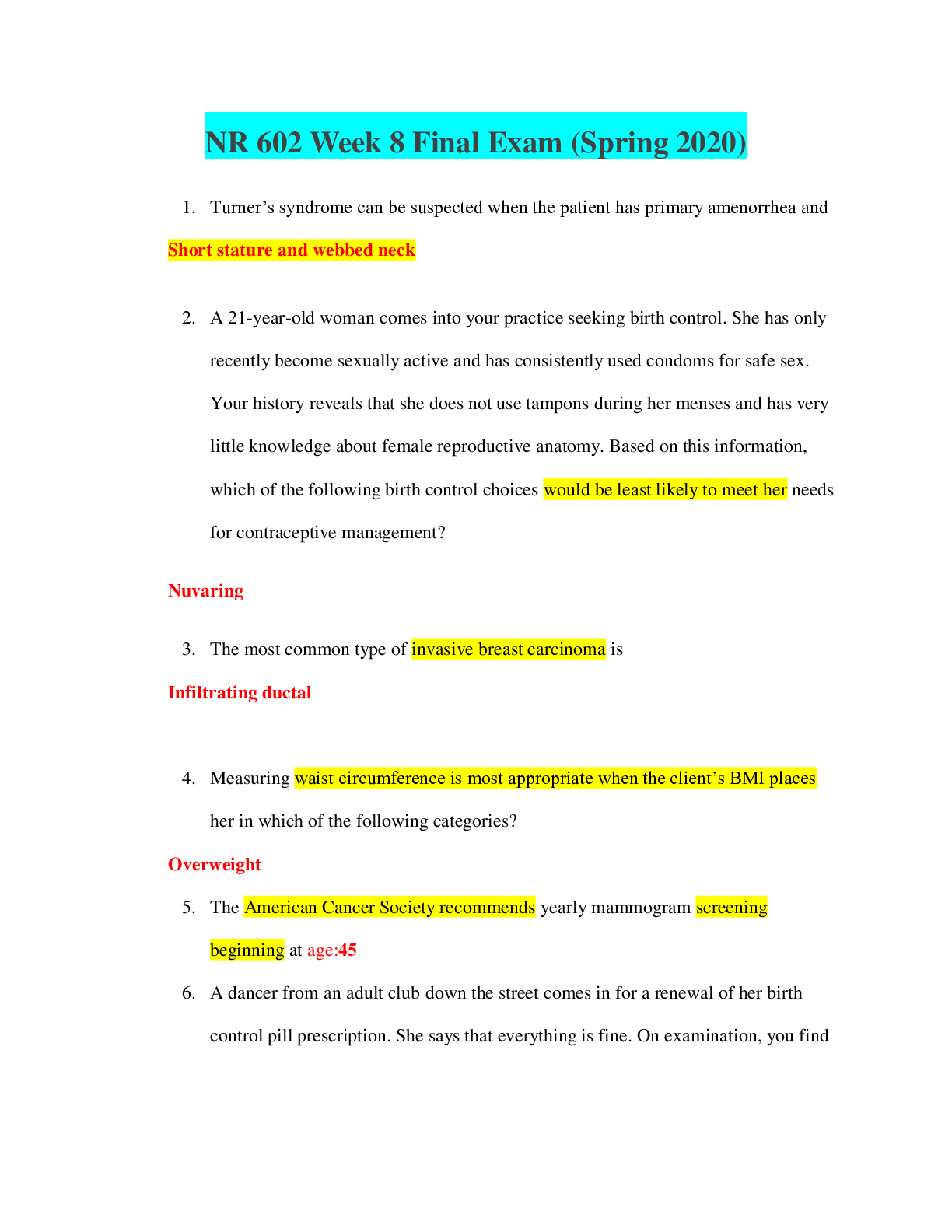

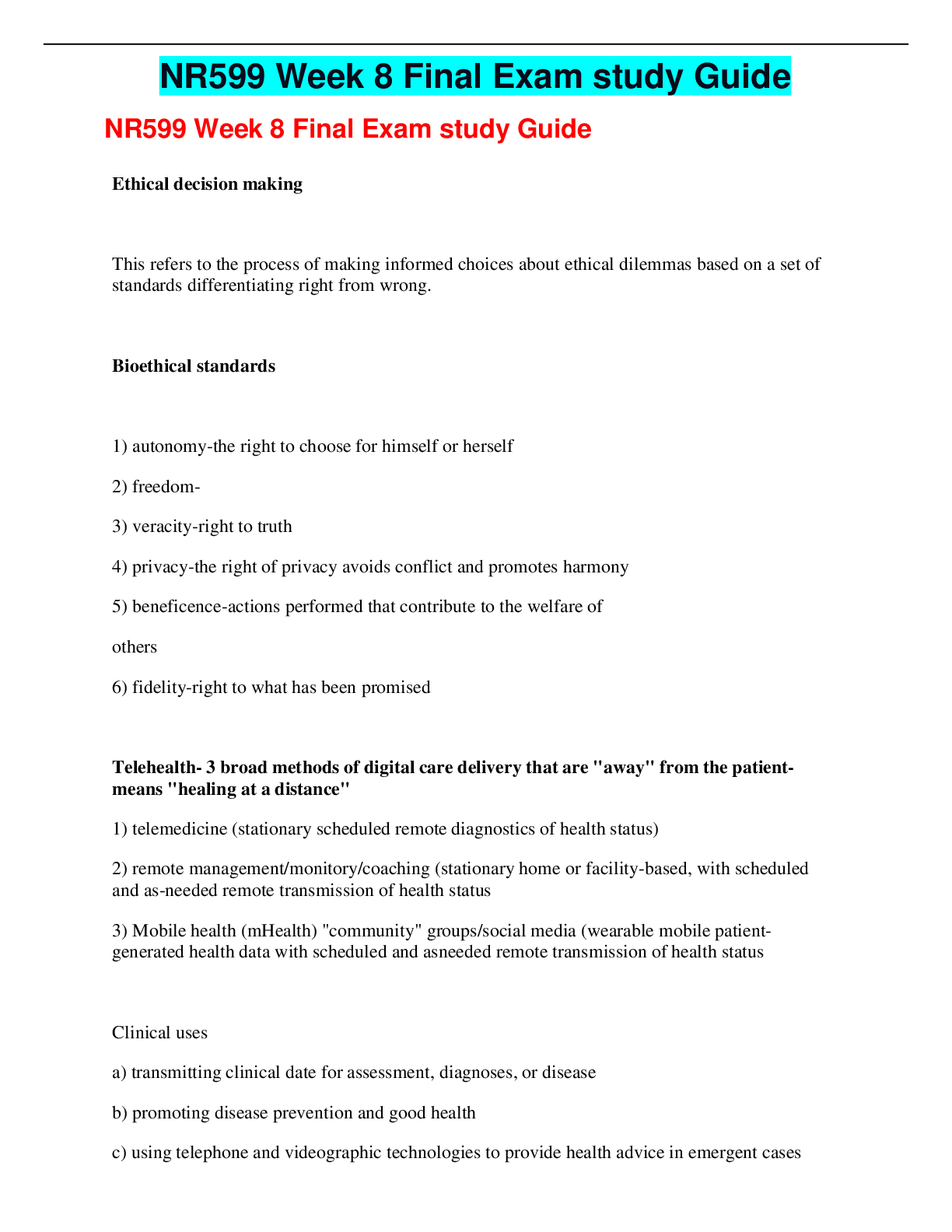




.png)
